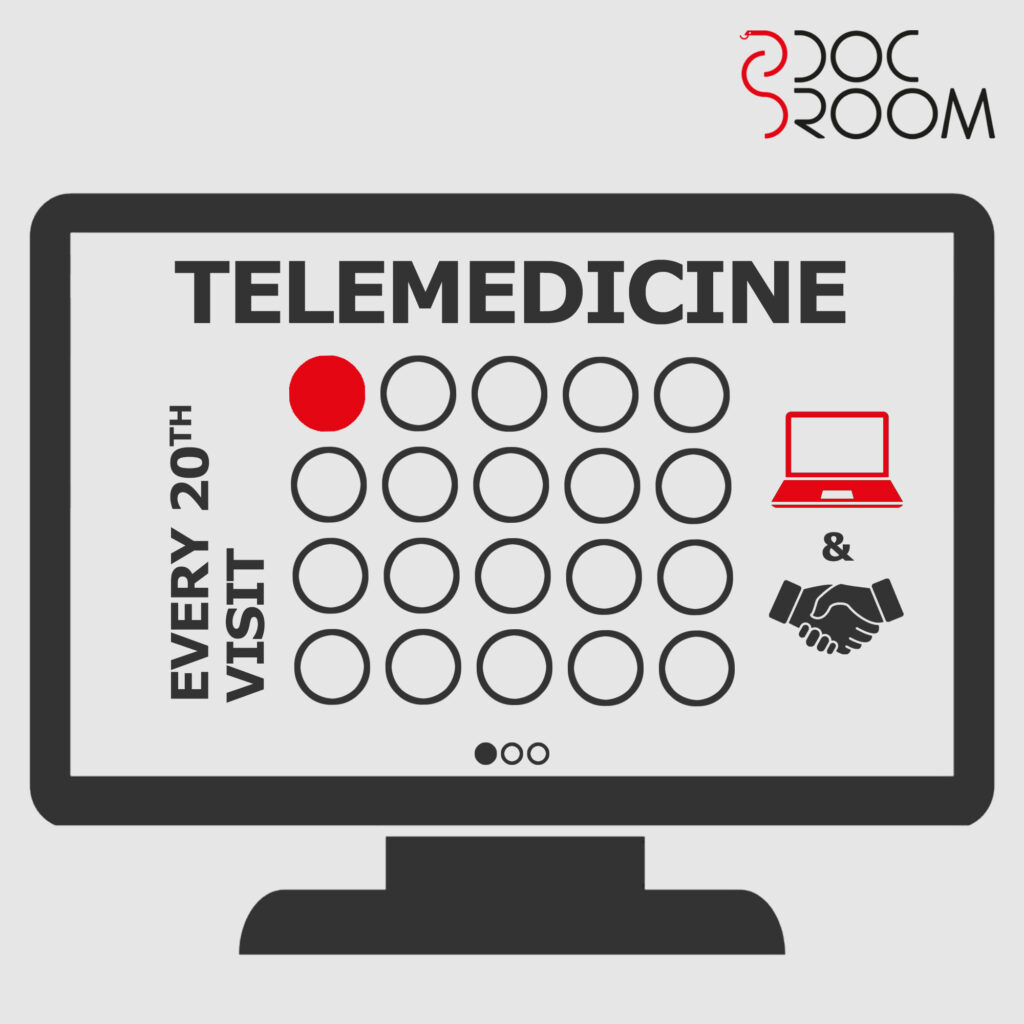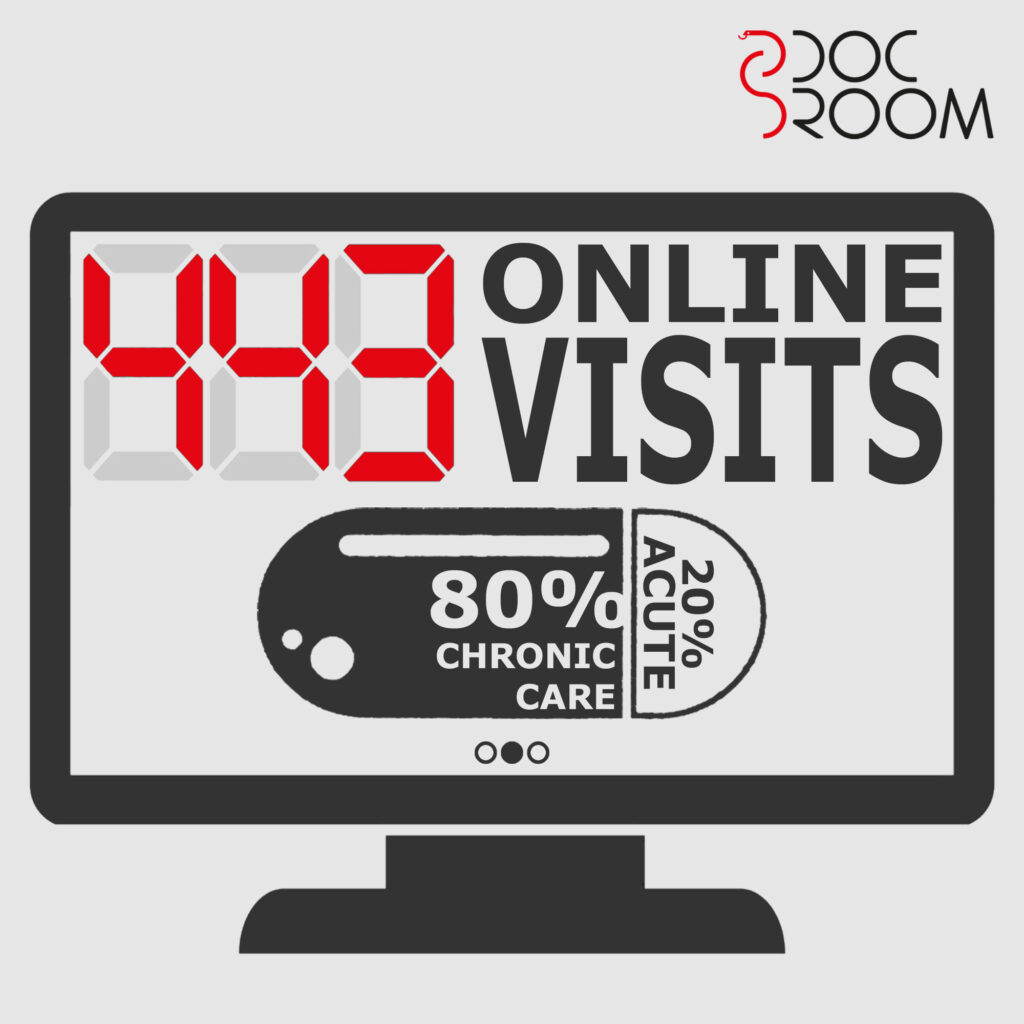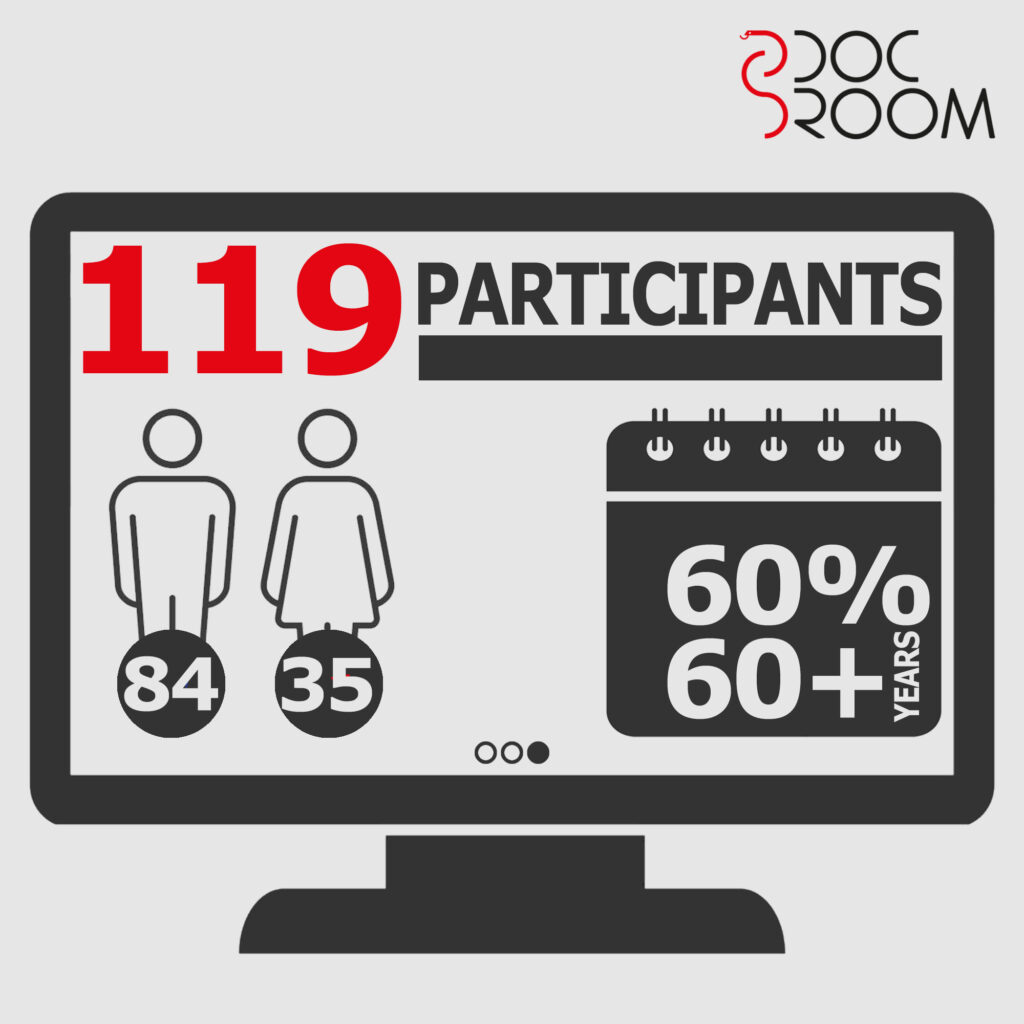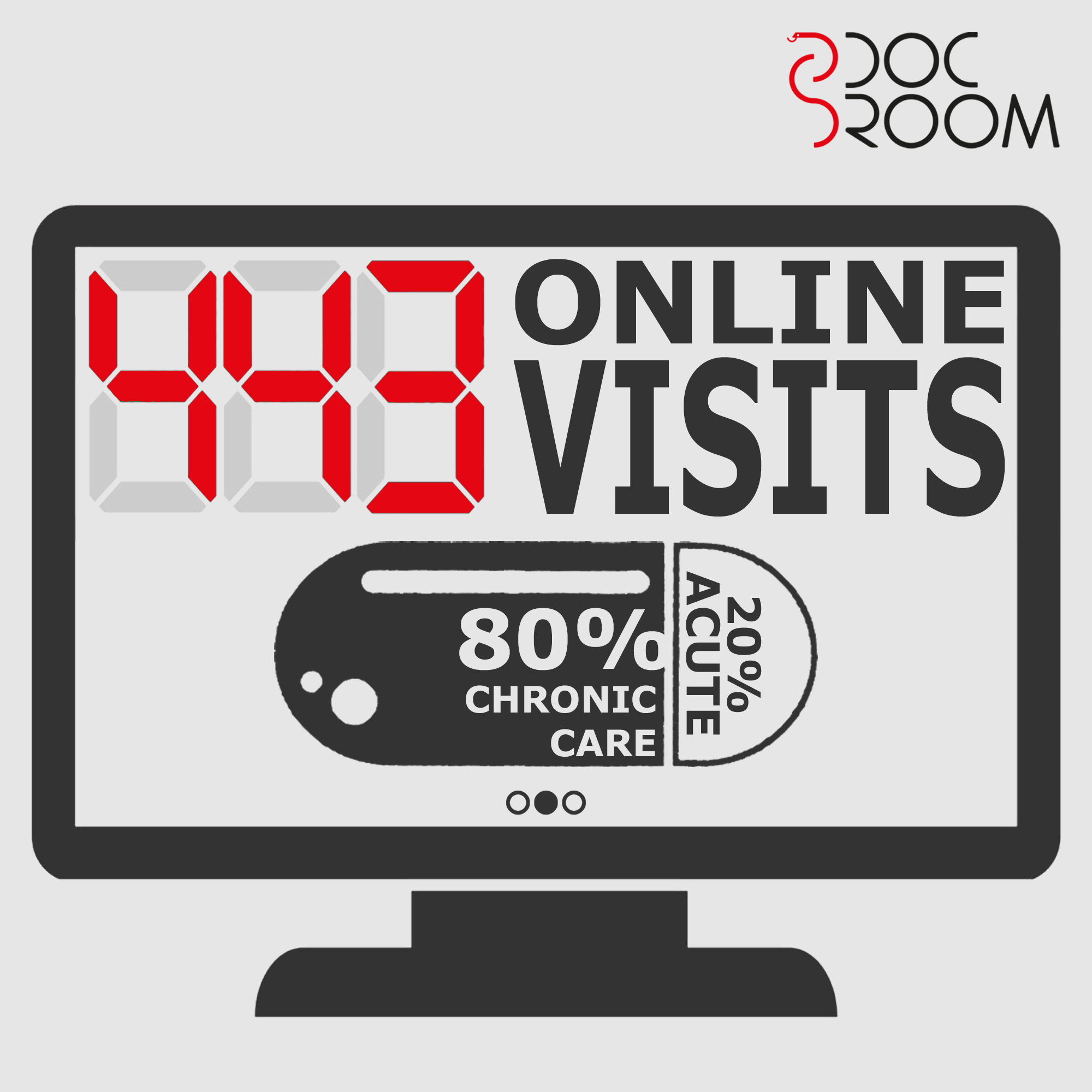It is effective, fast, available locally, and reduces the frequency of parallel care – this is how participants in the telemedicine program briefly described the service, which was launched a year ago by the DocRoom Health Research Program of the Hungarian Charity Service of the Order of Malta. As an experimental program, three institutions helping people experiencing homelessness (Miklós Street Integrated Homeless Care Center, Baptist Charity Service’s REVIP Temporary Hostel, and Shelter House Foundation’s Night Shelter – the latter institution was unfortunately closed in August 2023 due to lack of funds) have started online primary care, which has been accessed by more than 100 people so far. Telemedicine not only helps the continuous control of chronic patients, but it has also already saved lives.
On one side of the computer, the physician Gábor Belopotoczky is waiting for the patients, who can manage 15-20 people during an online session. “Trust in health care and their own health is re-established,” he highlighted as one of the program’s strengths. “The disadvantage is the lack of physical contact and a certain limitation in establishing diagnoses, but telemedicine is still much better than not receiving any kind of care at all,” says Dr. Gábor Belopotoczky. One of the most important parts of DocRoom’s telemedicine program is the interpretation and understanding of diagnostic test findings. In two cases, he has already helped patients suffering from liver disease who did not know that their condition could be fatal. “The telemedicine program helps the most in the continuous management of chronic diseases, analyzing test results, restoring trust in healthcare, and preventing parallel medication,” the internist and gastroenterologist summarized his experiences.

His work is supported by telemedicine assistants, who are social workers and organizers of remote care at the same time. They sit on the other side of the computer together with the patients in the homeless institutions. The Charity Service created special training for them within the framework of the DocRoom program. “It’s good that we also hear what the doctor tells our clients. On the one hand, we know what we need to pay attention to, whether the medication regime has changed or whether they have received a referral for a specialist appointment. This information is often lost when going to a doctor’s office alone. On the other hand, we can also help our clients if they didn’t understand something or didn’t understand exactly what the doctor told them,” says Tímea Ozsváth, who helps by being present at the online visits, providing technical assistance, booking appointments and follow-up visits, and organizing clients.

“There are many times that I don’t understand what the doctor is saying, and then I look at Timi, who explains to me what I have to do,” says József, who has been participating in the program since its launch. He was diagnosed with lung cancer when a chest X-ray was requested before he was admitted to the homeless shelter. Since then, he has been receiving online care and participates in the telemedicine program every two weeks.

However, the program does not only support the care of chronic patients. Diabetes, hypertension, and even hepatitis were diagnosed via online sessions. “The diagnosis and recovery of our client with hepatitis is a true success story. If he hadn’t participated in the program, he certainly wouldn’t be alive today,” says telemedicine assistant Silvia Scatragli, who says that another great merit of the program is that it also reduces parallel care events, such as unnecessary prescriptions and buying of medicines.
